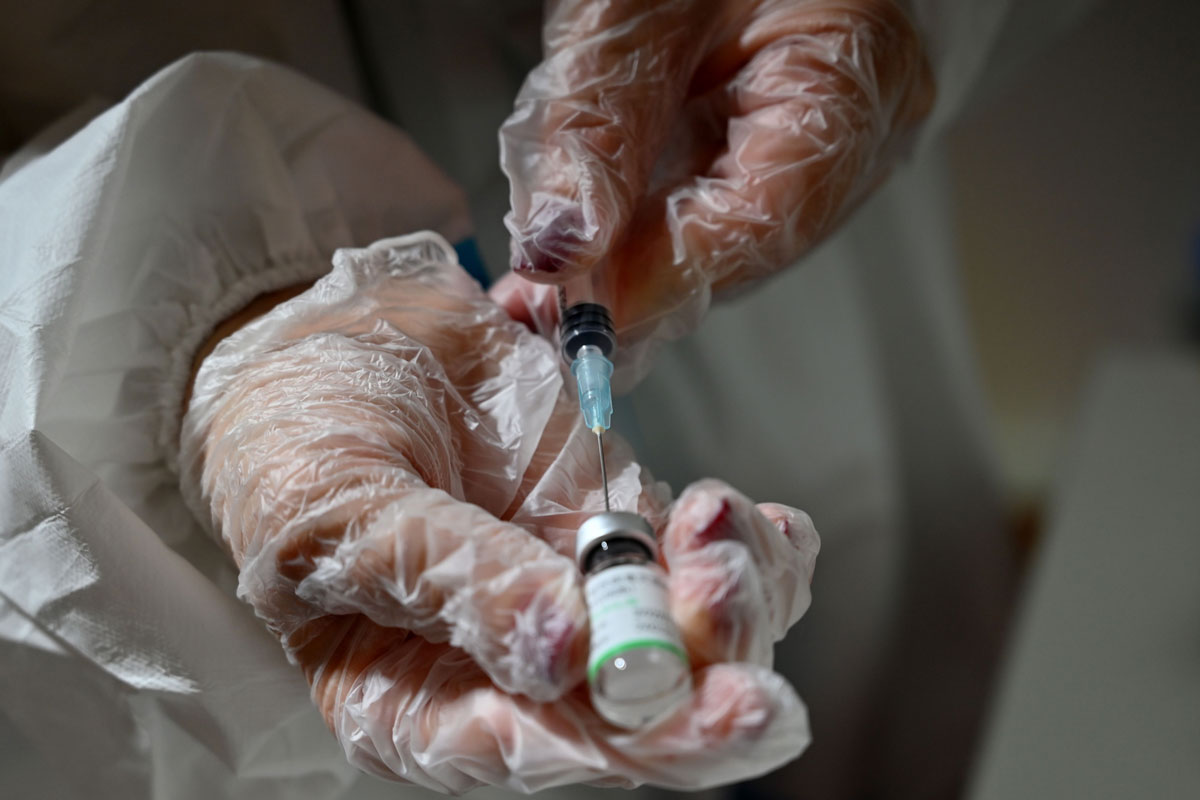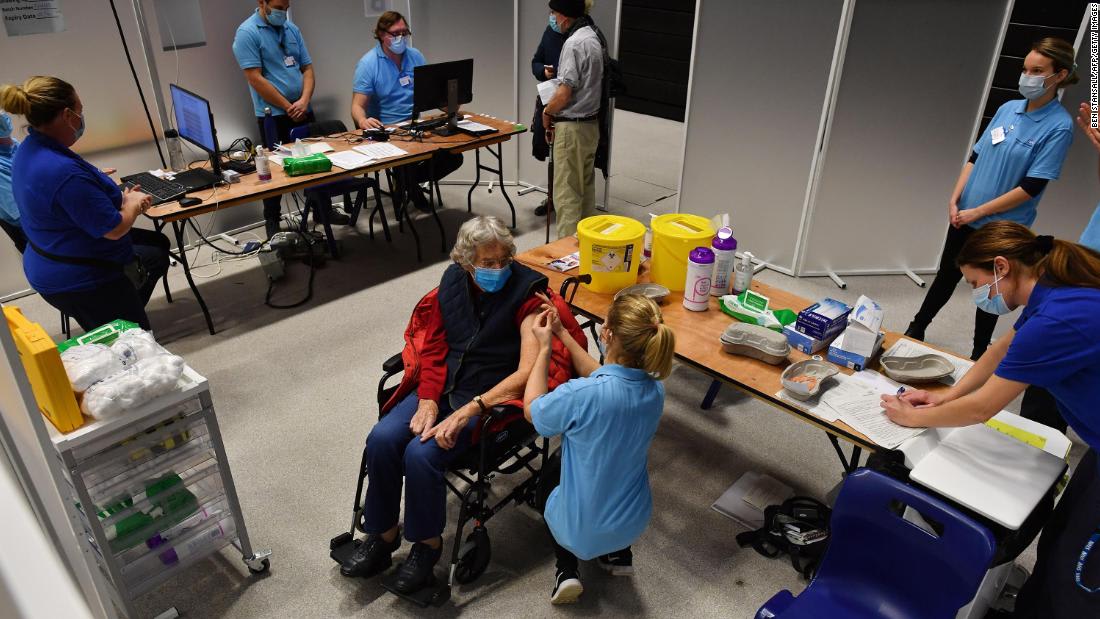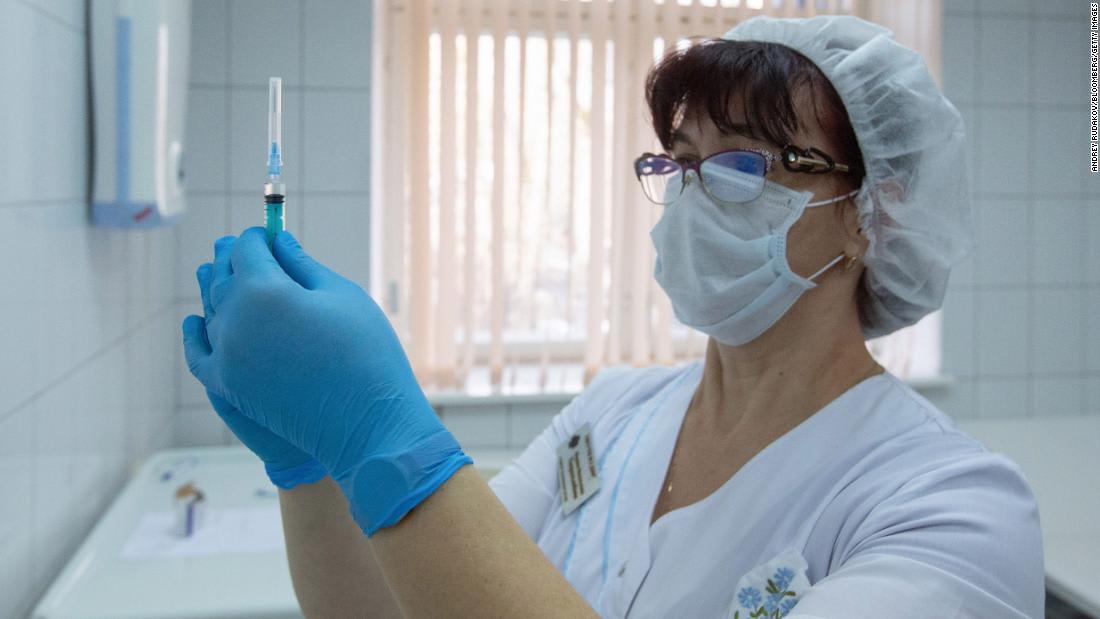
China’s Sinopharm Covid-19 vaccine can inactivate a worrying coronavirus variant first identified in South Africa, researchers from the Chinese Center for Disease Control and Prevention said Tuesday.
Their study is published online as a pre-print, meaning it has not been peer-reviewed, and includes few details.
Sinopharm’s vaccine, which the company says has been given to 10 million people across China, is a “live” virus vaccine -- meaning it's made using a whole virus that has been inactivated so it cannot cause disease.
The study: The team said they tested 12 samples taken from people who got the Sinopharm vaccine, and 12 samples from volunteers who received an experimental vaccine, against the variant virus.
Both vaccines elicited enough antibodies to neutralize the virus and overcome its mutation, they said.
“These data indicated that (the variant) will not escape the immunity induced by vaccines targeting whole virus or RBD,” the researchers wrote.
The mutation, explained: The virus has a structure called the receptor binding domain, or RBD, which it uses to dock onto cells and infect them. The RBD is the mutated part of the new variant that makes it different from the original strand.
Many coronavirus vaccines, including those made by Pfizer and Moderna, specifically target the RBD -- but a live virus vaccine like Sinopharm's is less specific.


